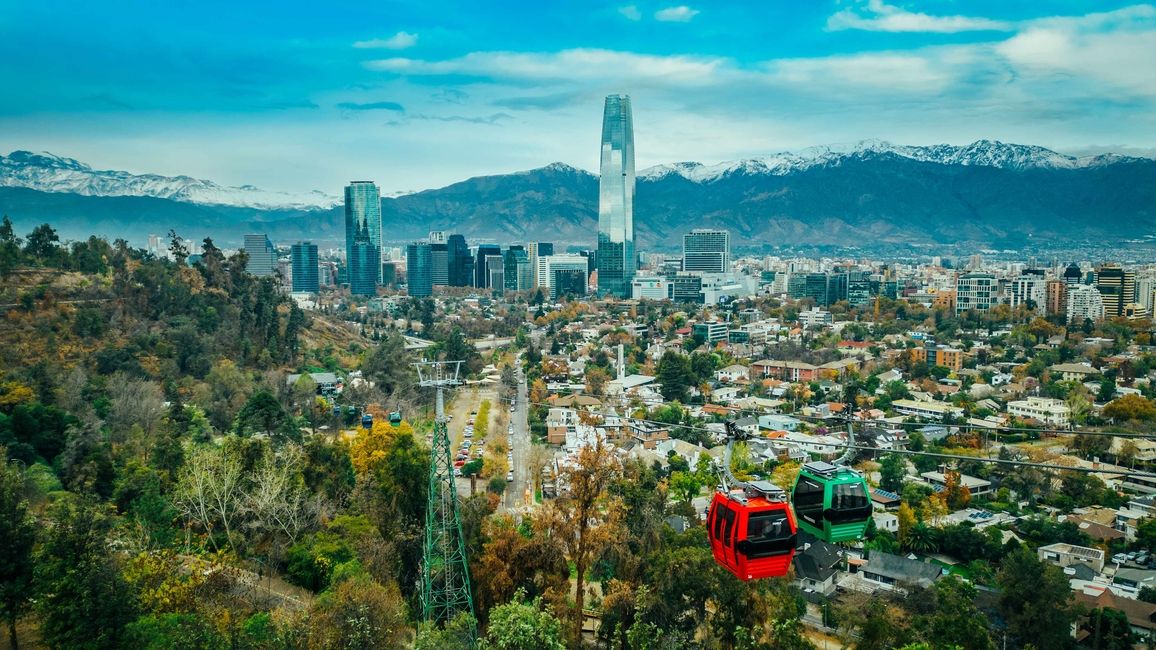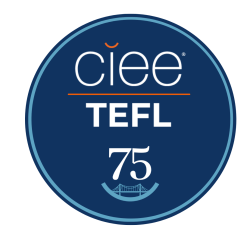Employer Q & A: Logistics and Practicalities for the Private Language Academy Position in Chile
Ever dreamed of teaching English in Latin America? Look no further than Chile! This post tackles your burning questions about teaching English in Chile, featuring exclusive insights from the CIEE TEFL Job Placement employer. Wondering about logistics, practicalities, and the joys of teaching adults? We've got all the info you need!
Is there an interview process? What can I expect?
The employer's interview process is straightforward: they look for a college degree, a TEFL certification (or equivalent), and buena onda. In particular, they look for people with a love of Latin American culture and a desire to learn Spanish, who are able to handle the challenges and uncertainties of living in a different country, culture, and language.
What are the visa requirements? Will I receive assistance with the visa application process?
While teachers are required to pay their visa fees, the employer walks you through the whole process from beginning to end. Chile recently switched over to an entirely new immigration system, so applications are taking a long time. 9-12 months has been the average wait time this year. It’s important to plan with anticipation and to be patient. While it’s not a quick process, everyone at the company would agree that it’s worth the wait!
What happens once I arrive in Santiago?
Santiago’s airport is one of the easiest to navigate in Latin America. The airport’s Official Taxi is an affordable and reliable service to get from the airport to lodging. While the employer doesn't provide accommodation, they assist with the house search and are always happy to provide suggestions and insights about different neighborhoods and housing prices. The employer always meet up with new teachers for a coffee in the Gabriela Mistral Cultural Center (GAM) for a new-teacher orientation and to welcome them to Chile.
What does the compensation package include?
Teachers start off earning 10,000 Chilean pesos an hour for online classes and 12,000 for in-person classes. After a successful 6-month evaluation, teachers move to the 2nd tier, earning 500 pesos more per hour, and another 500 after the first year at tier 3. After that, teachers earn 1,000 pesos per tier, capping out at tier 5.
Is housing provided for me? How will I commute to work?
While the employer doesn't provide housing, they’re always happy to assist incoming teachers with their house hunt. Santiago is a huge city, so all kinds of housing options are available. The employer is there to advise teachers on neighborhoods, safety, pricing, and overall vibe checks for house listings.
Will I receive any health insurance while in Chile?
Chile has FONASA, a public healthcare system that 7% of teachers’ taxes go towards. The employer helps new teachers incorporate themselves into the healthcare system and navigate that system as they get set up in Chile.
Are there any resources available to help me navigate culture shock?
While the employer doesn't have any specific culture shock training, they’re always happy to lend an ear to anybody who is having a hard time adjusting. Fortunately, they have a wonderful and engaged team of teachers who are always getting together to do things after work and on the weekends, so it’s easy to start making friends and feel at home right from the start.

